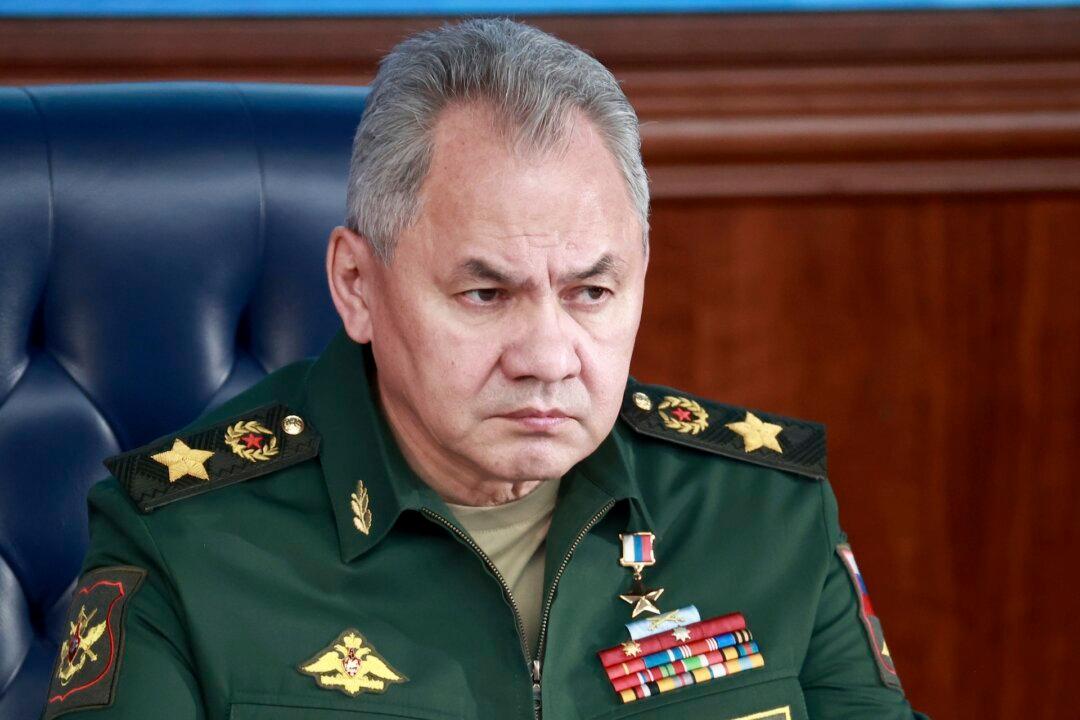An attack on Russia’s western Belgorod region, initially launched on May 22 from neighboring Ukraine, has been decisively routed, according to the Russian Defense Ministry.
“As a result of air strikes, artillery fire, and action by units of the Western Military District ... the nationalist formations have been blocked and destroyed,” the ministry stated in its daily briefing for May 23.





